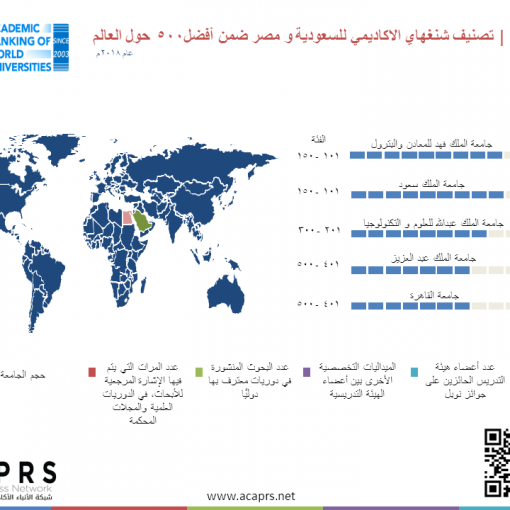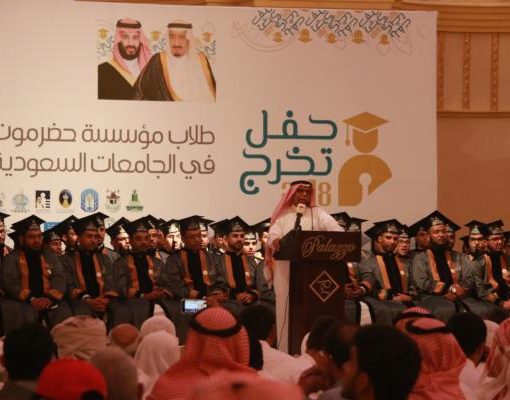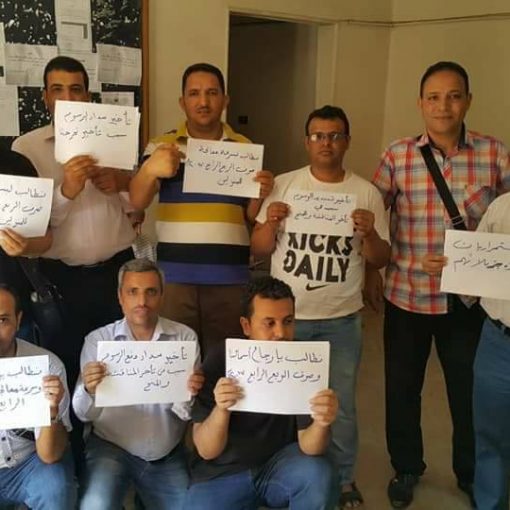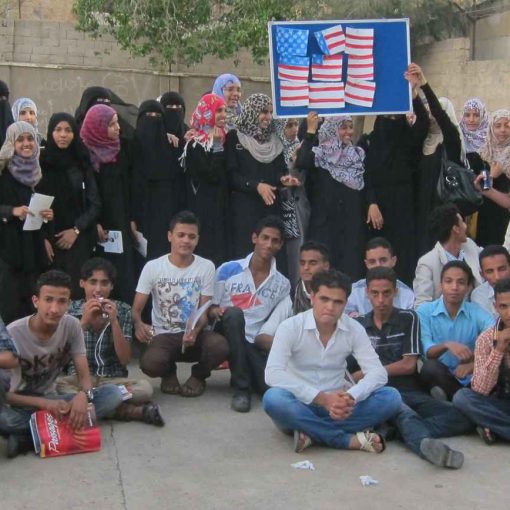Malaysian law allows all international students to work
Yemenis are more interested in the Malaysian scholarship program
Inauguration Malaysian Education Centre Its second meeting was held on October 11 at the Malaysian Consulate in Jeddah, for two days, where those interested in Malaysian education were invited to attend.
Acapres headed to the center's headquarters At the Malaysian Consulate in Jeddah To learn about their activities and the latest developments, the Malaysian Education Center is a government institution affiliated with the Malaysian Ministry of Education, through which the Malaysian government seeks to attract international students from various countries through a group of academic advisors who promote university study in Malaysia. It was established in April 2013.
The center had clear activity in: Saudi Arabia, the Emirates, Jordan, Qatar, Brunei, and Sudan. It held an exhibition for 30 Malaysian universities, both public and private, including two of the best 500 universities in the world according to Shanghai classification For the year 2018 AD.
It also has a scholarship registration department, and a representative delegation from the Malaysian Ministry of Education, and the main office of the center in Saudi Arabia is located at the Malaysian Embassy in Riyadh.
The most popular nationalities studying in Malaysia are Yemenis, as the academic advisor at Center A told us. Zuhair Al-Nashid, due to the facilities provided to them in Malaysia, and the fact that it is one of the countries that continued to receive Yemenis in light of the current crisis.
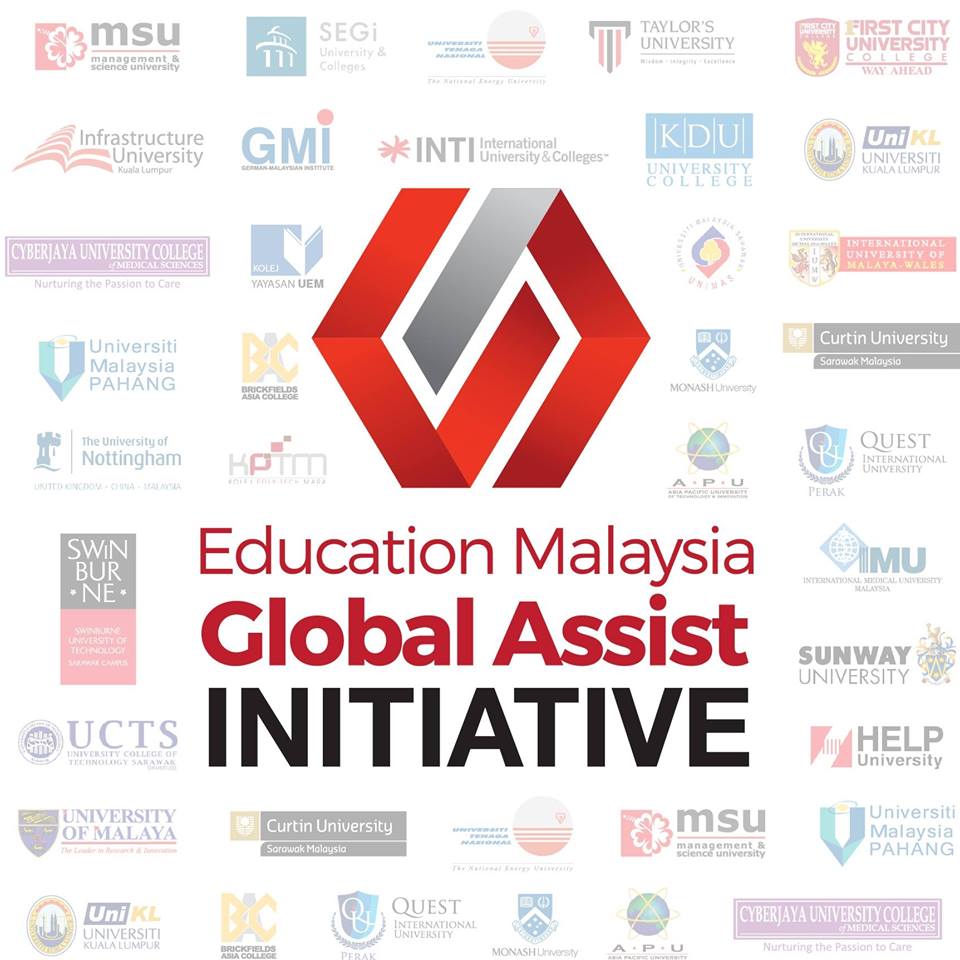
The forum opened its activities on Thursday evening With a word For the center's academic advisors a. Zuhair Al-Nashid And a. Maqbool Obaid About the Malaysian government program for this year in the undergraduate and graduate tracks.
They explained the achievement achieved by the Malaysian Education Center last year, as 468 people from 18 nationalities applied for the Malaysian government scholarship program, 181 were accepted with partial scholarships, and 12 were accepted with fully funded scholarships.
In a related context, Counselor Al-Nashid stated that there is a new change that occurred in the scholarship program this year, as the scholarship program (Education Malaysia Global Assist = EMGA) for bachelor’s degrees is “partial scholarships” only, and even though it is partial, it is limited to between 10% to 50%, unlike the year. Past where it reaches 90%, it will be available for some specializations.
As for postgraduate studies, A. pointed out: Al-Nashid pointed out that there are full scholarships for the research track only, and the regular period for international students will be full-time for a period ranging from one to three years, and the time period is determined according to the research plan of the graduate student, and according to the university system applied for, and as for the current application for graduate studies, it continues until the end of The month of December, unlike the bachelor’s degree, continues until the end of October.
Advisor Al-Nashid explained that the procedures for studying in Malaysia are coordinated between the Malaysian Ministries of Foreign Affairs and Education, as they include a passport with a validity of more than 18 months, in addition to an IELTS certificate with a score of 6 or its equivalent from other English language certificates, a proper medical examination for the applicant for the scholarship, and adherence to the statutory period. To apply for the scholarship and study, with a high academic average, and pay the scholarship interview fee of 300 RS in the event of initial acceptance.
In the same context, A. emphasized Al-Nashid stressed that Malaysian law allows all international students to work, while at the same time apologizing for the failure of representatives of Malaysian universities to come to Saudi Arabia due to travel conditions and visas related to that.
It is noteworthy that Malaysia has attracted international students since the scholarship program was made available at a rate that reached 80,000 students from 100 countries through its unified program (YES 2 MALAYSIA).

